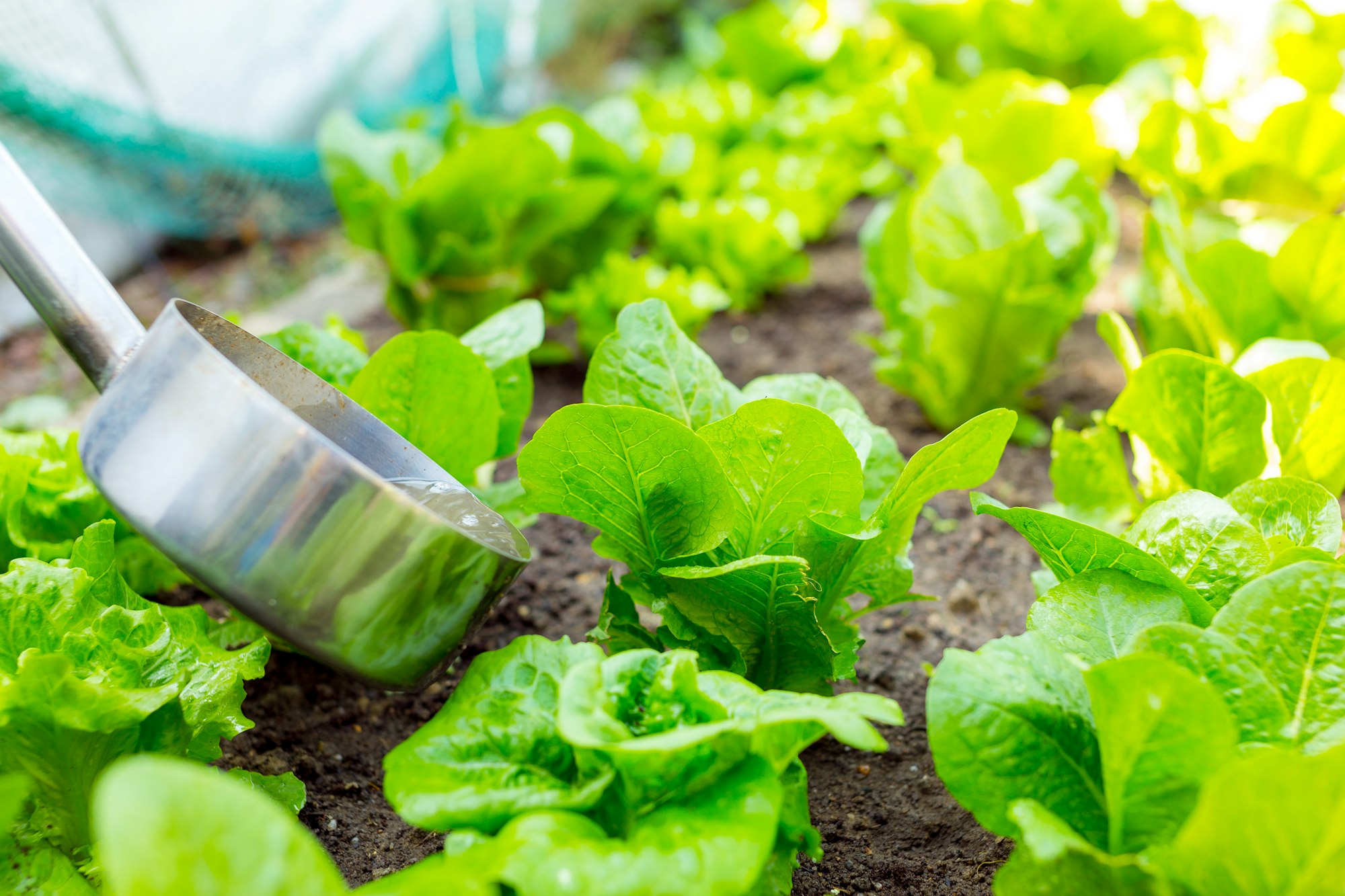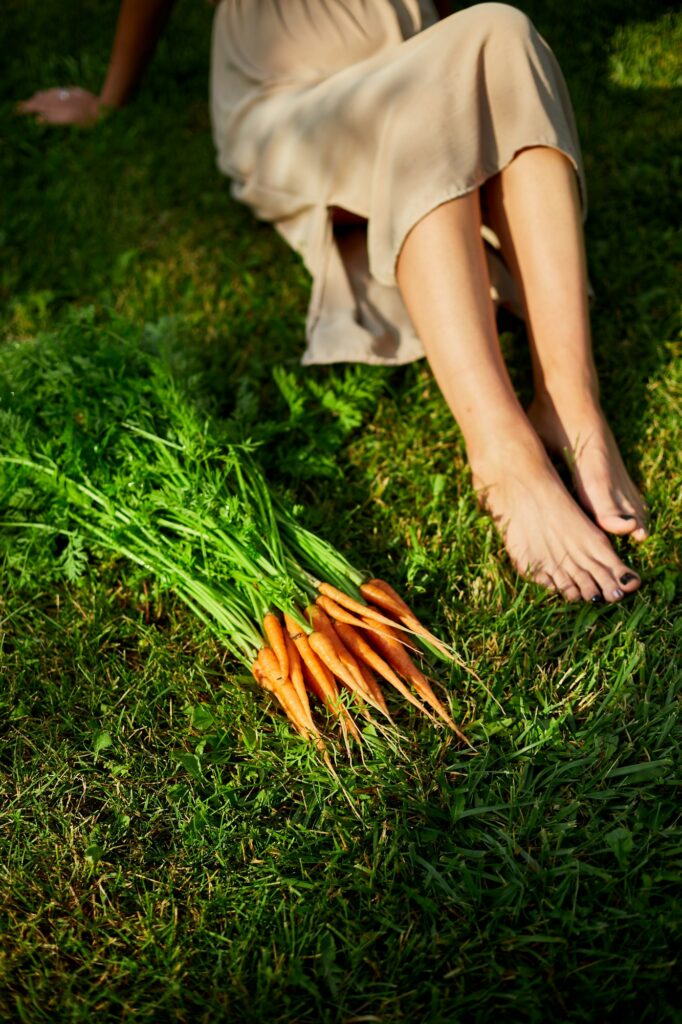For keen gardeners committed to organic practices, selecting the right fertilizers is crucial for nurturing a healthy, productive vegetable garden. Organic fertilizers not only enrich the soil but also promote sustainable gardening.
Compost is a cornerstone of organic gardening. Rich in nutrients and beneficial microbes, wellaged compost improves soil structure, enhances moisture retention, and provides a slowrelease nutrient supply. Homemade compost from kitchen scraps and garden waste is ideal.
Worm castings, or vermicompost, are another fantastic option. Produced by earthworms, these castings are teeming with nutrients and beneficial bacteria, boosting plant growth and resilience against pests and diseases.
Fish emulsion is a potent liquid fertilizer derived from fish waste. It provides a quick nutrient boost, particularly high in nitrogen, which is essential for leafy green vegetables. Fish emulsion can be easily diluted and applied during the growing season.
Bone meal and blood meal are excellent sources of phosphorus and nitrogen, respectively. Bone meal supports strong root development and flowering, while blood meal stimulates robust foliage growth. Both are slow-release fertilizers, ensuring sustained nutrient availability.
Kelp meal offers a broad spectrum of trace minerals and growth hormones, promoting overall plant health and stress resistance. It’s particularly beneficial for improving soil structure and stimulating root growth.
Lastly, manure from herbivorous animals, when well-composted, provides balanced nutrition and enhances soil fertility. Chicken, cow, and horse manures are popular choices, each offering unique nutrient profiles.
By incorporating these organic fertilizers, gardeners can foster a thriving vegetable garden, ensuring bountiful and healthy harvests while maintaining ecological balance.




